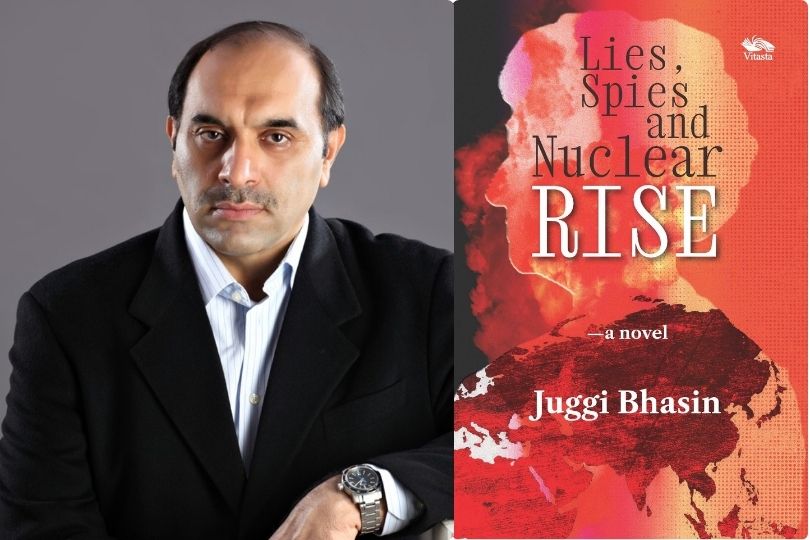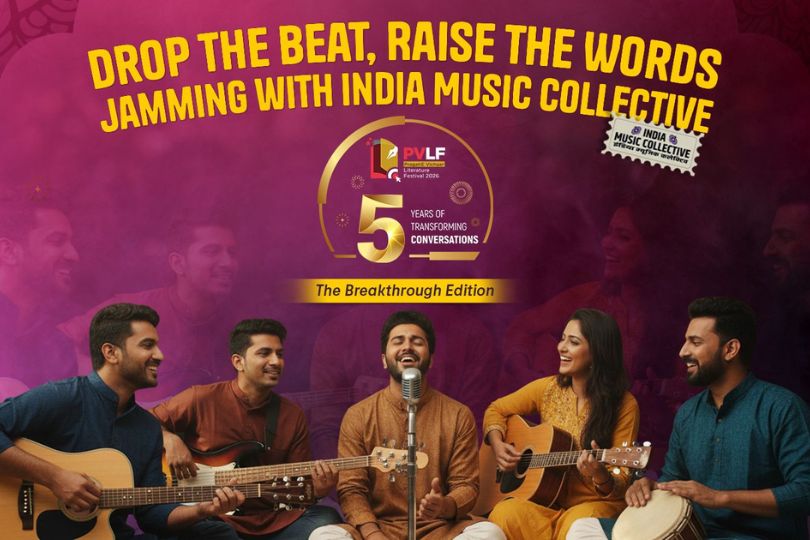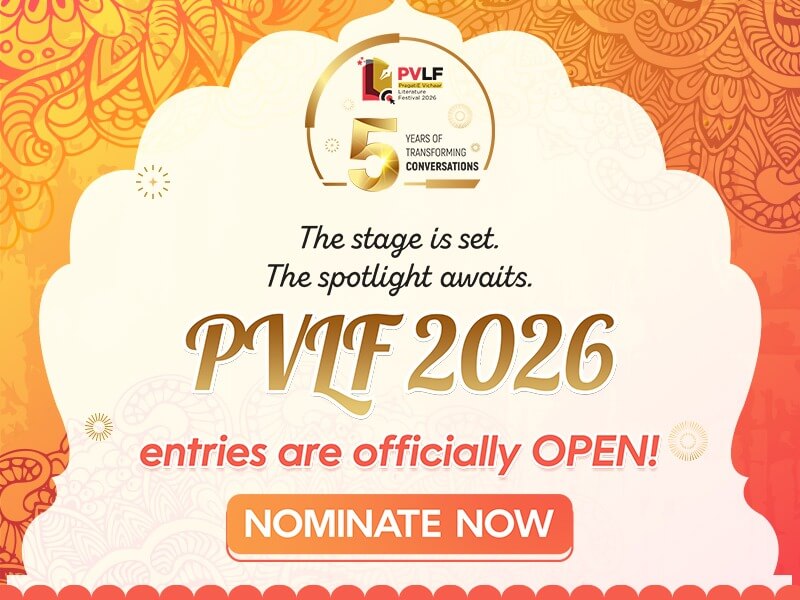'The Most Important Conversation in Criminal Law Is Consent,' Says Aaliya Waziri of Her New Book
The book tackles diverse challenges, from female labor force participation to witch hunting, revealing hidden gender aspects.on Jul 07, 2023
.jpg)
"Consent is notoriously difficult to understand. "It muddles the waters," she explained.
"Talking about consent in criminal law is perhaps the most important conversation that we need to have," said Aaliya Waziri of the Delhi High Court in an interview with The Quint about her new book, In the Body of a Woman: Essays on Law, Gender, and Society.
Here are some highlights from the conversation, in which Waziri discussed the consent issue, the evolving reality of online violence against women, and what inspired her to write this book in the first place.
Q: What is the subject of your new book? What are the greater challenges it addresses?
A: I've attempted to discuss the gender landscape, which is really broad and fluid because there are so many things that we don't look at from a gender perspective but fall within the scope of what we call gender related concerns or anything that has a gender aspect to it that we neglect.
For example, I attempt to look at female labor force participation or witch hunting, which are not topics that are usually covered in mainstream media.
Of course, I also look at more mundane themes like marriage, rape, and anti-rape laws, as well as the changes that have occurred in the years since Nirbhaya or the 1972 Mathura rape case.
Then I consider the need for anti-cyber harassment legislation, which has a lot to do with India's international duties emanating from multilateral agreements and conventions to which we are signatories.
Q: What was the most difficult component of writing about gender problems in the book? And, of all the topics you've discussed, one do you believe is the most important?
A: I believe my response to both of your queries is the same. The chapter on consent was the most difficult to write but also the most vital. There is an area of offenses that I believe comes inside what we term a gray area, that is, offenses that are not penalized, that are not criminalized, but nevertheless feel wrong because there is a problem reading consent.
Consent is notoriously difficult to interpret. It mucks up the water. It complicates matters. As a result, I believe that discussing consent in criminal law is maybe the most crucial conversation that we need to have, not only because of this book, but in general. The Farooqi decision, which is now the law of the land, discusses how "a feeble no is a yes."
I can't emphasize this enough, and I can't get over how far we've deviated from our notion of consent by presuming that "a feeble no is a yes." This was not just the most hardest chapter to write, but it was also the most important. It is the most crucial. Everything, I believe, comes down to this critical dialogue, because our statutes, our regulations, do not define consent in positive terms. It discusses what consent is not rather than what consent is.
Q: As a lawyer, which element of Indian legislation concerning gender-related issues do you believe requires the most revision?
A: I believe we need a separate, focused law, a specialized piece of legislation that addresses the changing landscape of violence against women online as technology advances. I've spoken it every day, written it in my essays, and explained it in interviews.
What is occurring is that we have two statutes that deal with internet offenses and online harassment against women: the IPC (Indian penal code) and the IT Act.
First and foremost, the IPC predates the emergence of technology. Second, the IT Act was created to promote e-commerce. It was not created with the issues that women face today as a result of technology and social media in mind. As a result, both of these legislation are insufficient to deal with the enormity of problems that social media has brought with it.
They are clueless. They are insufficient in dealing with the full range of difficulties that social media and technology in general pose for women.
Q: Finally, what inspired you to write this book?
A: I never planned on writing a book. I wrote about what came naturally to me during my brief term as a lawyer in Delhi's courts, and then during my two-year stay with the United Nations, working with UN Women. I didn't recognise it at the time, but I was writing to fill a gap that I imagined had developed in the literature that addresses and critiques the flaws in Indian law. So I believe I wrote to find answers to the questions I had, and this book is the result of that.



.jpg)






.jpg)


.jpg)
.jpg)
.jpg)

.jpg)

.jpg)










Sorry! No comment found for this post.